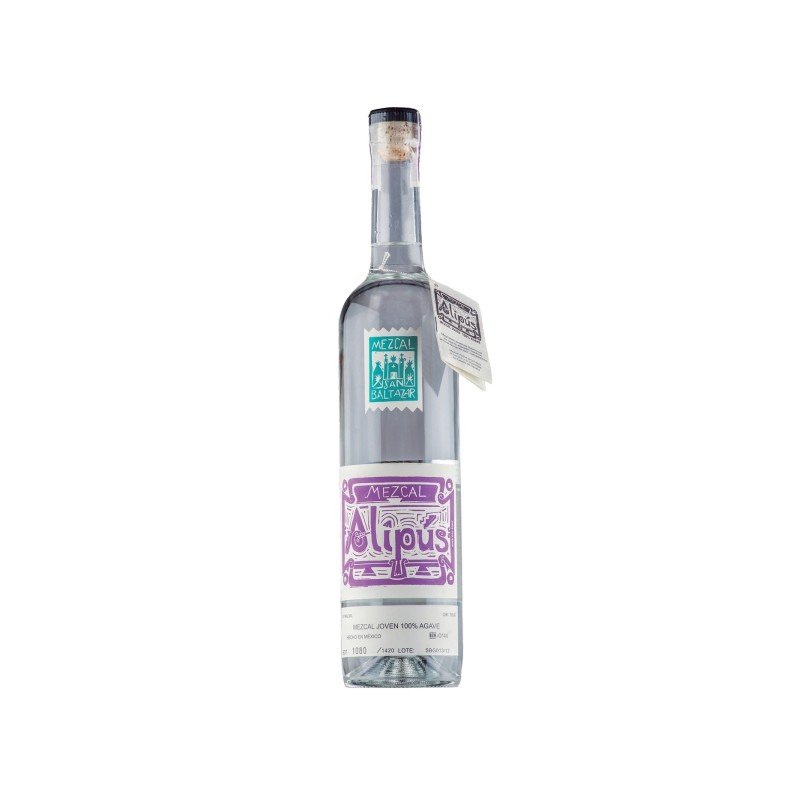

The Mezcal is transported in tanks from there to the Los Danzantes bottling plant in the valley of Tlacolula, since transporting glass bottles (first empty, then filled) over the poor dirt roads that connect the towns to the main roads is impractical. The production sites of the different Mezcals are located between four to six hours by car from Oaxaca city. A technical and cultural “bridge”, such as the one offered by Los Danzantes, is therefore essential to guarantee the sovereignty of the producers over their product and its marketing. No chemicals should be used in agave cultivation or production.įor the sake of understanding, it should be mentioned here that in most of the producer families Zapotec is spoken as a mother tongue and some of the older members do not know Spanish, accordingly they cannot read or write. Assistance with formal procedures such as tax and banking transactions.Assistance with certification by the Consejo Regulador del Mezcal.Setting uniform standards for production.Technical improvements in the distillery, e.g.The production team of Destilería Los Danzantes and the administration of the company support the producers with the following measures: The producers meet at least once a year at the invitation of Los Danzantes for workshops and exchange of experiences.

The smaller producers receive advance payments to prefinance production. Almost all tequila agaves are steam-baked in large autoclaves in as little as 6 hours. The wood used for roasting adds a smoky complexity. The agaves are usually hand-cut into smaller prices for even roasting. There are projections and targets, depending on what happens in the market, rather than binding agreements. Artisanal mezcal is slow-roasted for several days. Prices are regularly renegotiated, and these are normally 20% higher than the usual market price in the region. In Mexico the drink is enjoyed neat, though there are many cocktails to which it is suited.There are no binding contracts between Los Danzantes and the distillers, which is why the latter enjoy maximum freedom to work with other brands, for example, or to set up their own - although no producer has yet abandoned the collaboration. Typically the Mezcal will be drunk, and the left over worm will be eaten. Mezcal will rarely feature a small larva/worm in the bottle (the bottles will be labelled "con gusano" - "with worm"), which is most likely a marketing ploy invented in the mid 20th Century. They are then crushed, mashed and fermented prior to at least two distillations. These are then cooked, sometimes in open pits in the ground lined with rocks, then agave, and then earth, which can impart a distinctive smokiness. First, the maguey plants are harvested, and the hearts (or "piñas") are extracted. Mezcal is also produced on a much smaller scale. Mezcal is quite similar to Tequila in many respects, though they are made from different varieties of agave.

Mezcal is mostly made in the region of Oaxaca, where there is a saying, "for everything bad, mezcal, and for everything good, too." Mezcal is usually consumed neat, and it can boast a marvellous variety of flavours, from floral and herbaceous, to rich and smoky, and beyond. Mezcal is an important part of Mexican culture and heritage. Mezcal was later revived in the mid-19th century, and today it is enjoyed by people all over the world. Mezcal fell out of favour after the Mexican War of Independence in 1810, when the new Mexican government banned the production and consumption of alcohol. Mezcal was first mentioned in Spanish records in 1542, and by the early 1600s mezcal was being exported from Mexico to Europe. Mezcal has a long history in Mexico, dating back to the Aztec people. Mezcal can be enjoyed neat or used in cocktails. Mezcal is typically clear or straw-coloured, with a smoky flavour. The agave plant is roasted in an underground pit oven, then crushed and fermented with yeast and water. Mezcal is traditionally made in small batches by farmers using traditional methods passed down through generations. Mezcal is a distilled alcoholic beverage made from the agave plant (also known as the maguey plant), native to Mexico.


 0 kommentar(er)
0 kommentar(er)
